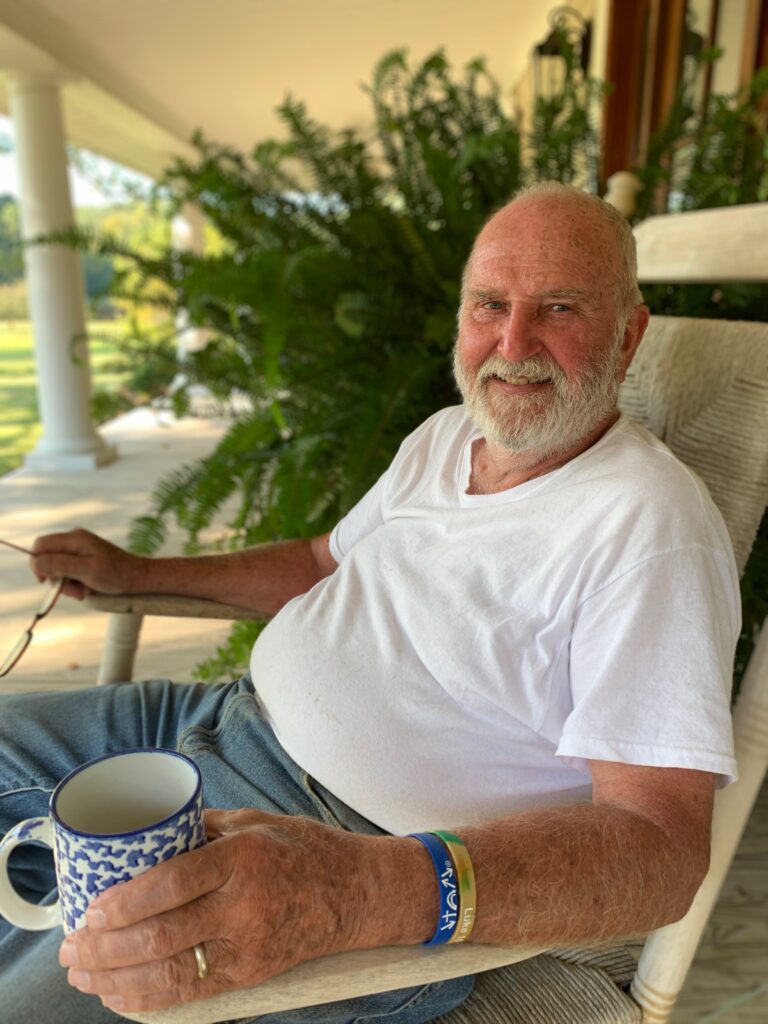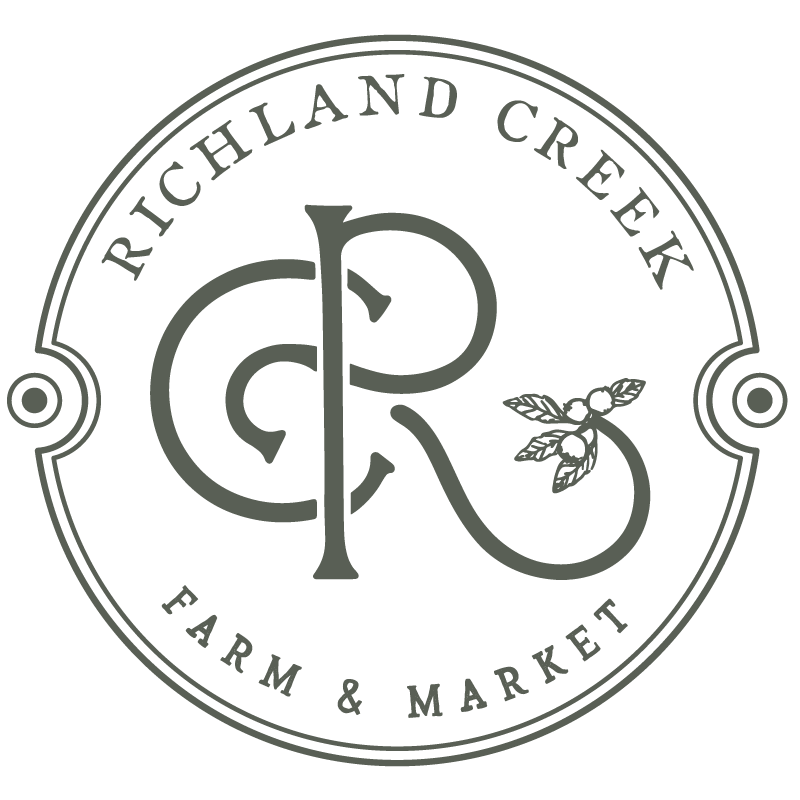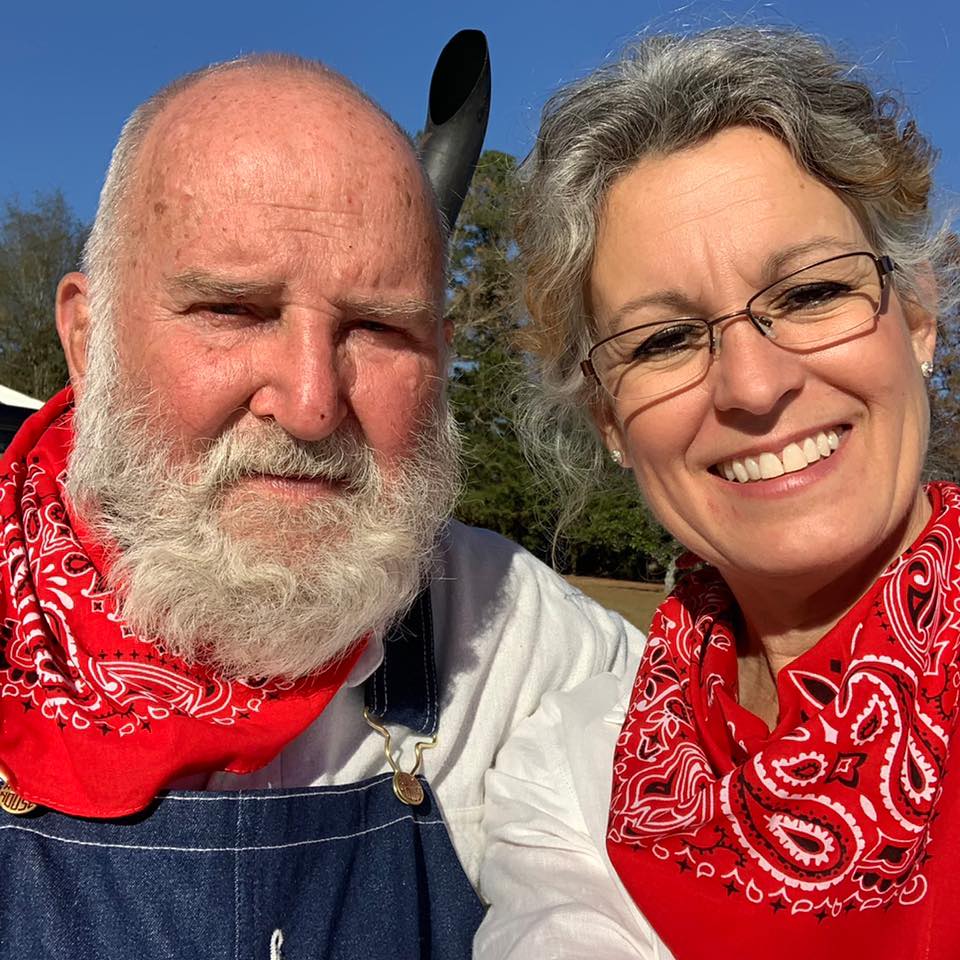
When cotton allotments faded after World War II, the oil industry was coming into its own in south Arkansas. Hardwood and loblolly pine trees returned to the countryside and our farm was no exception. Terraces and ridge rows that previously bore cotton once again were covered in tree roots. Nature resumed its care of our place.
By 1978, our farm came up for sale by absentee landowners. Reminiscent of the shirttail farms my husband was reared on, Ken saw it and immediately fell in love. It had good bones, plenty of water, mixed timber stands and open pasture. He had been looking for a place in the country to raise his boys and this place had all the right ingredients.

Ken worked well into the night after workdays and over the weekends for about six years clearing the overgrowth with an old 1010 John Deere tractor, a brand new bushhog and the help of his three boys. Staying in an old school bus in the pecan orchard as a weekend camp, he and the boys tore down fourteen dilapidated structures and cleared countless feet of fence rows. They build a four-and-a-half acre pond, a cow lot and new fences to keep the cows in and in 1984 built our current home that sits on a hill above Richland Creek.
Today our farm, Richland Creek Farm and Market, is a blend of our families and our love of southern living. With Ken’s rural Mississippi background and my similar upbringing in north Louisiana we’ve taken a farm that’s still evolving and have created a niche farming experience that ties our love of the land with good stewardship practices. We believe taking care of both soils and the environment while raising specialty crops is the win-win approach to living the best farm life. By applying our professional backgrounds (engineer and horticulturist) and non-conventional farming methods, we are able to raise high-quality produce and craft artisan sweet spreads that go beyond the status quo. Our mayhaw orchard is our premier heritage crop and we are doing our best to keep its legacy alive. In addition, we raise other specialty fruit crops, cut flowers in season and pumpkins in the fall to make Richland Creek a delight for the beholder and a boutique market for products people long to find in our region.
Having had so many generations of people before us who’ve poured their knowledge and livelihood into our farm’s story, we want to do the same for the next farming generation. We hope by sharing Richland Creek’s adventures, we will inspire others to cultivate their own farm or garden and pass their own legacy forward.
No other venture on earth is quite like farming. Mankind’s very existence is woven into the mantel of the Earth. Few understand this much less get to participate, but those who do realize their skillsets and passions are being used by the One who sustains life.
How awesome is that!
Rhonda

